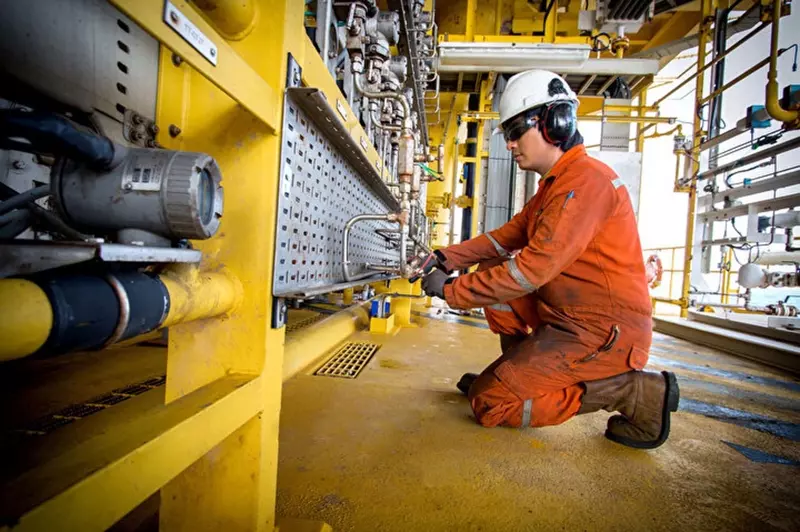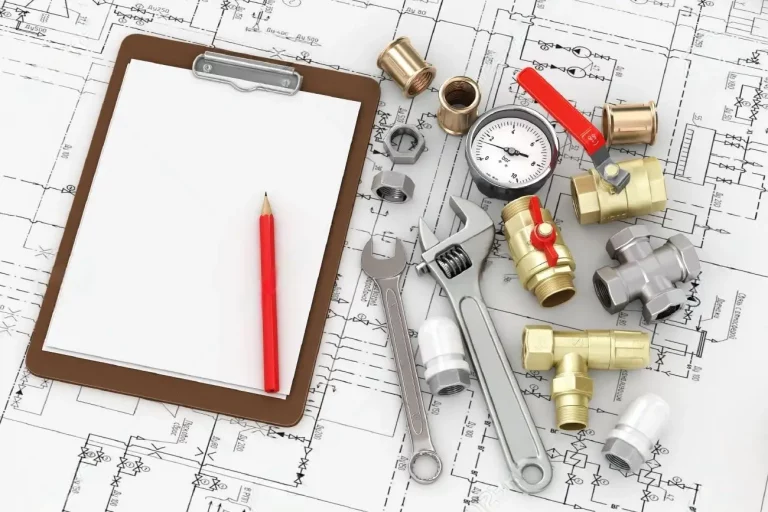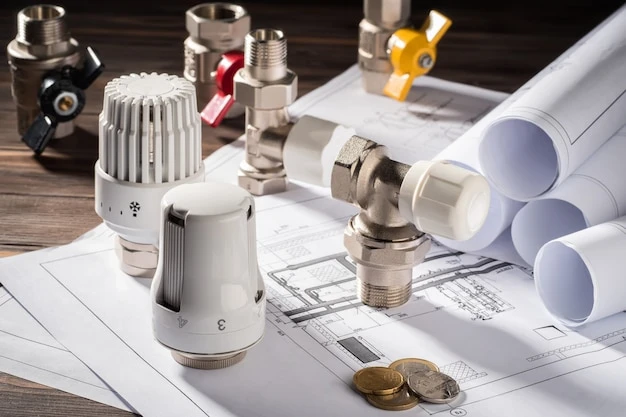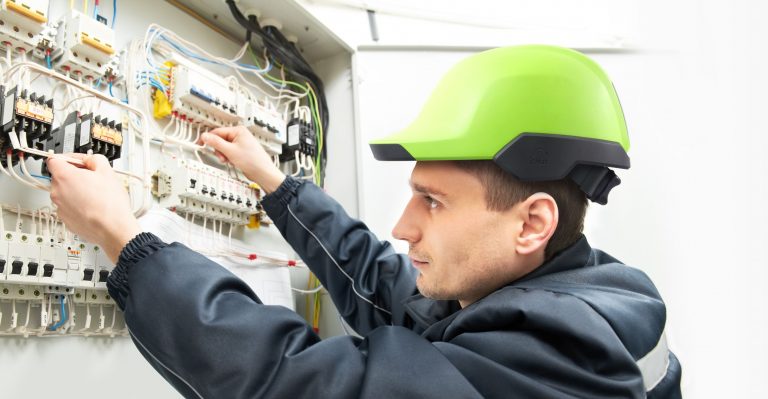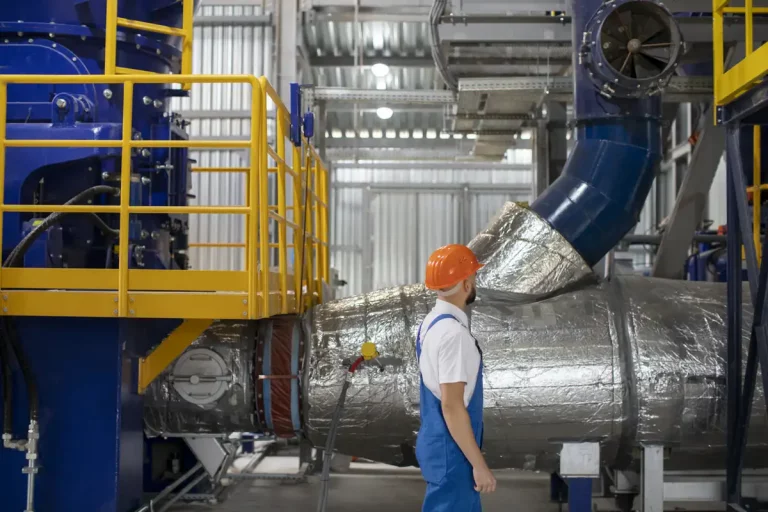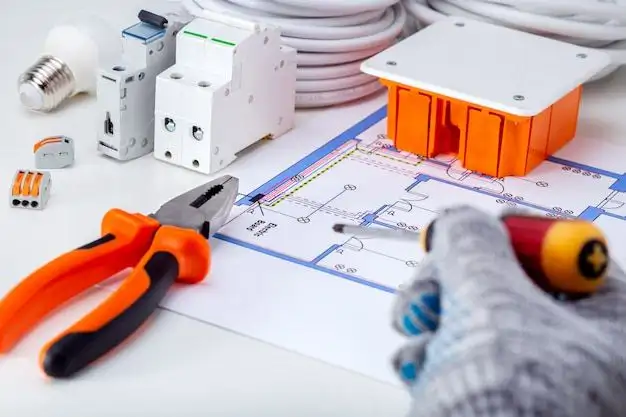How to Accurately Estimate the Cost of Mechanical Work in Commercial Construction
If you are looking to estimate the Cost of Mechanical Work in construction projects accurately, you are in luck! In this article, we will walk through some simple steps that will help you understand how precise estimates are created.
Mechanical systems can often be complex as they are tangled with electrical and plumbing components. To precisely assess the cost of mechanical work, it is crucial to understand the key components of a mechanical system.
NAVIGATE THROUGH THE COMPLEXITIES AND ACCURATELY EVALUATE THE MECHANICAL COST OF A COMMERCIAL PROJECT. GET BETTER CONTROL OVER FINANCES AND ELEVATE THE PRODUCTIVITY OF YOUR PROJECT!
The HVAC System
Heating, Ventilation and Air conditioning, as the name suggests, this component is responsible for maintaining the internal environment of a building. It regulates the temperature and also keeps out harmful pollutants. Some parts included in an HVAC system are:
- Ductwork
- Coil
- Compressor
- Blower
- Thermostat
- Dehumidifier
- Condensing unit
- Chiller
- Vents
- Heat pump
- Refrigerant lines
Factors to Consider in Commercial Construction Estimating
Commercial Construction Estimating can be impacted by various elements such as:
- Size of the project
- Compliance with local regulations
- Level of complexity in the installation process
- Requirements of the client
- Type of materials chosen
- Site location
- Market Fluctuations
The above points must be kept in mind at all times as they will make sure that the estimates are accurate. In addition to that, it will optimise the commercial building’s performance and longevity.
How to Precisely Assess the Cost of Mechanical Work?
For accurate Mechanical Work Cost, it is necessary to account for several factors.
Type of Commercial Project
The requirements of the building will change depending on its purpose. You will better understand the mechanical needs of the building after studying its scope. The type of the project plays a significant role. Whether it’s a hotel, restaurant, healthcare facility, factory, warehouse or office building. Every project’s characteristics differ from one another therefore it is necessary to know the type.
Calculation of Material Cost
The calculation of materials can be divided into two steps.
Quantity Takeoff
For precise quantification of materials, take accurate measurements of construction sites. You should also be aware of the type of material needed. Using quantity takeoff software can increase the accuracy of estimation such as Fast Pipe or Fast Duct.
Pricing Materials
After figuring out the number of materials, you need to put a price on it. Here, the quality of the material makes a huge difference in estimating the Cost of Mechanical Work. If premium quality material is used in the mechanical system then surely the cost will be higher. On the other hand, if mediocre quality material is utilised then the cost will be lower. Survey the market to have a better idea about the material types and their costs. Finding the right supplier is essential!
Assess Labor Cost
One of the major components of the Cost of Mechanical Work is the acquisition of labor. Hiring skilled labor will be costly in the start but it will ensure to save cost in the long term. As the wastage of material will be reduced and the project will be completed on time. On the contrary, if unskilled labor is acquired, the wastage ratio will increase, which might result in the budget being overestimated and the project will get derailed from its set objectives, thus resulting in delays.
Calculating Indirect Costs
Indirect or overhead expenses in a project involve:
- Legal fees
- Permits and inspections
- Utility bills
- Administrative expenses
- Office Supplies
- Marketing fees
- Transportation
- Insurance and other worker benefits
All of these overhead expenses are not present in every project. Find out which of these apply to your construction scheme and calculate their cost.
Make a Contingency Plan
Commercial Mechanical Work can often be unpredictable. Safeguard your construction project from any unseen or hidden expenses. In case of any unexpected expense, the budget can go out of proportion. It will not only cause cost overruns but can also potentially delay the project. A contingency plan prevents such events.
Digitalize You Estimations
Digital cost estimations are 10-fold better than manual ones. Manual calculations are not only slow but also have a higher chance for inaccuracy. Using AI-powered cost-estimating software can enhance your project in some ways:
- Faster computations
- Accurate estimates
- Increased collaboration
- Better data handling
- Easy documentation
- Better presentation of data
- Analysing historical data
- Using real-time pricing guides
Some popular software for mechanical estimation include:
- Fast Pipe
- Fast Duct
- Planswift
- Bluebeam
- Stack
- Quest Estimating
- RS Means
Perks of Precise Mechanical Cost Estimation
- Creation of an accurate budget
- Streamlined project
- Increased management
- Enhanced teamwork and collaboration
- Transparent communication
- Data-driven decision making
- Effective resource allocation
PERFORM THOROUGH AND PRECISE MECHANICAL COST OF A COMMERCIAL PROJECT. THUS, ASSURING BETTER COST CONTROL WHILE MAINTAINING A STABLE LEVEL OF PRODUCTIVITY.
Final Words
The cost of Mechanical Work can be accurately estimated by accounting for every cost-impacting factor. An estimator has to be vigilant and proactive. It is noteworthy to mention that a successful project starts with a well-calculated estimate. It promotes the effective allocation of resources and streamlines the construction project. If you want a cost-effective mechanical system, then start with an estimate!

